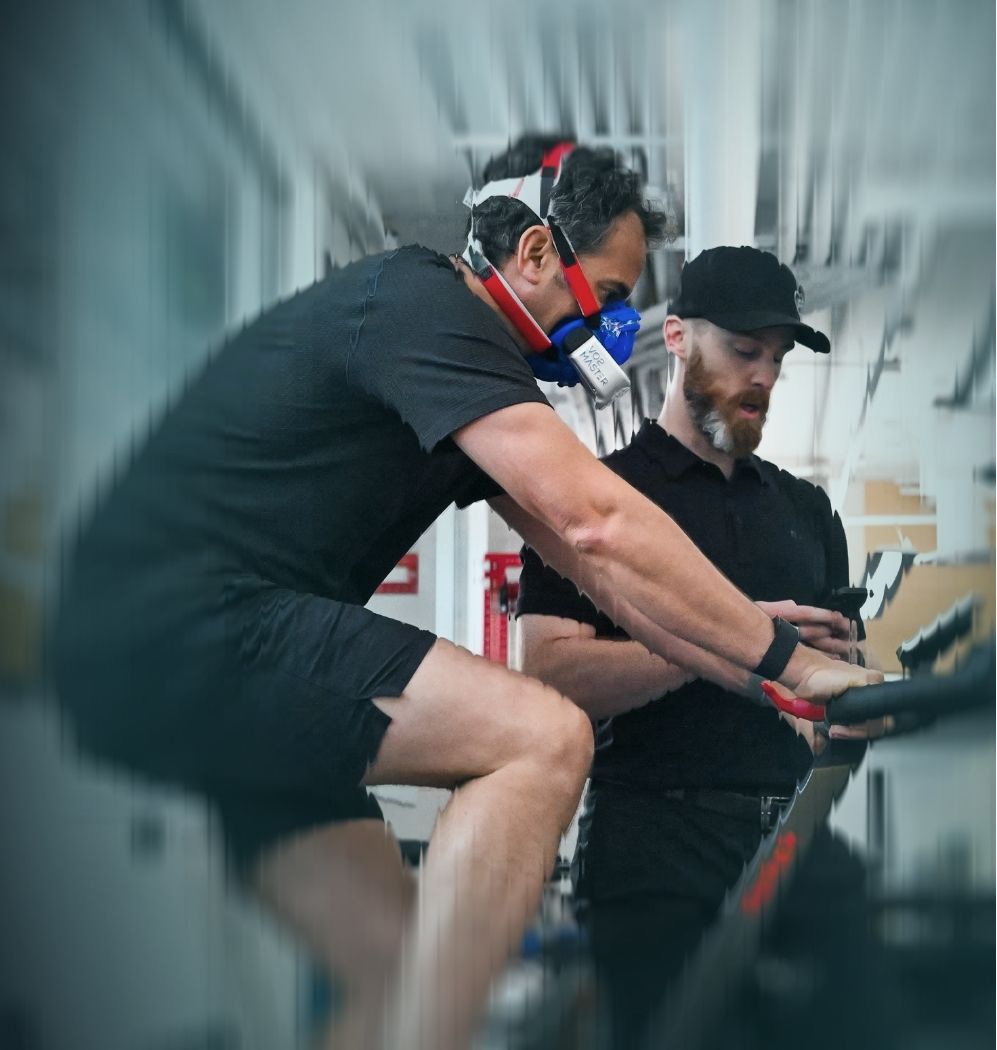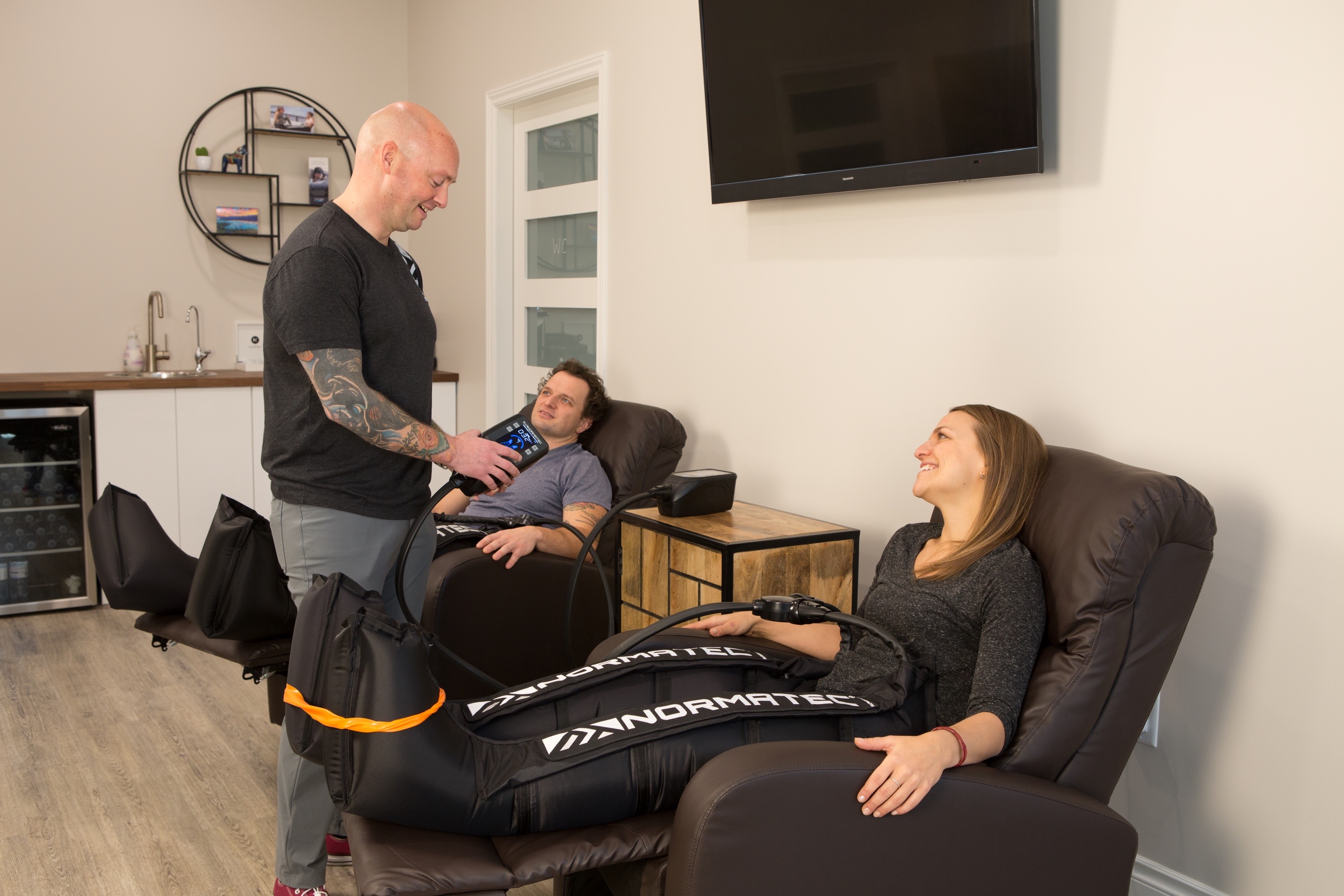Personal Training Backed by Science, Built for You
One-on-one coaching, expert assessments, and personalized plans designed for real life and long-term results.

Tailored just for you

Science, not guesswork

Accountability MEETS results

HEALTH
OPTIMIZATION
SCORE
What makes us different
The difference is in the data.
What our members are saying

Valentina
Since I started, I feel so much less stressed and way more energetic—like I can actually take on my day instead of just getting through it.

Nevan
I wasn’t just looking for a workout—I wanted a program tailored to me, and Innovative Fitness delivered. It adapts to my needs, challenges me, and keeps me progressing every step of the way.

Marty
I’ve never enjoyed training this much—it’s fun, effective, and I can feel myself getting stronger every session.
A Commitment to Community
More than a gym, we’re a purpose-driven fitness community. From charity events to unforgettable adventures, we give back, build lasting connections, and create positive change both inside our studios and out in the world.
.jpg)
The Latest in Health, Training, and Performance
Celebrating 30 Years of Community, Connection, and Giving Back: The 2025 IF Charity Golf Classic
Let’s Make Your Goals Happen
.jpg)


.jpg)













.jpg)
.jpg)
.jpg)






.jpg)


